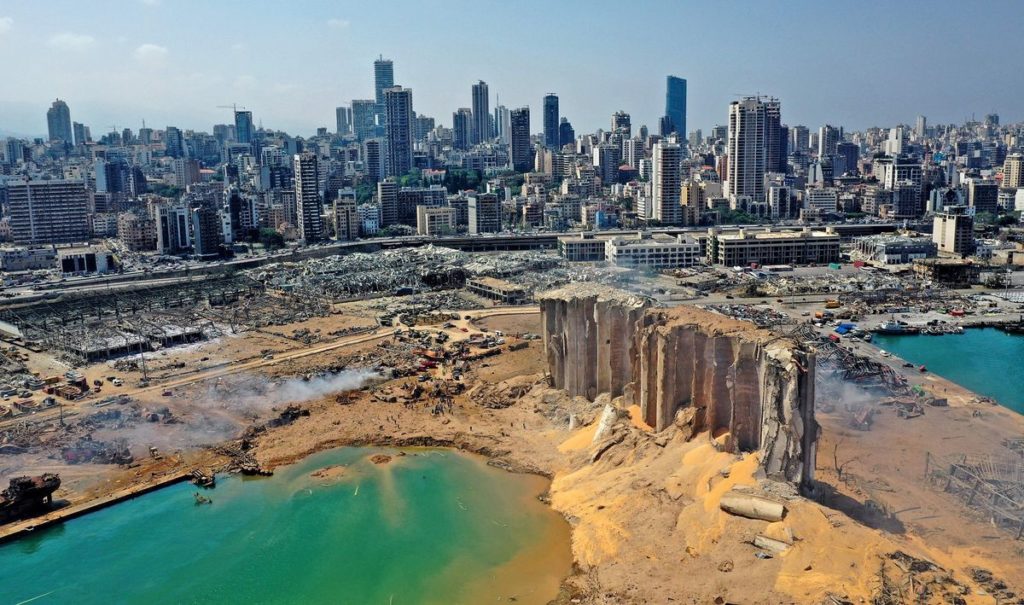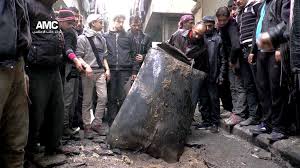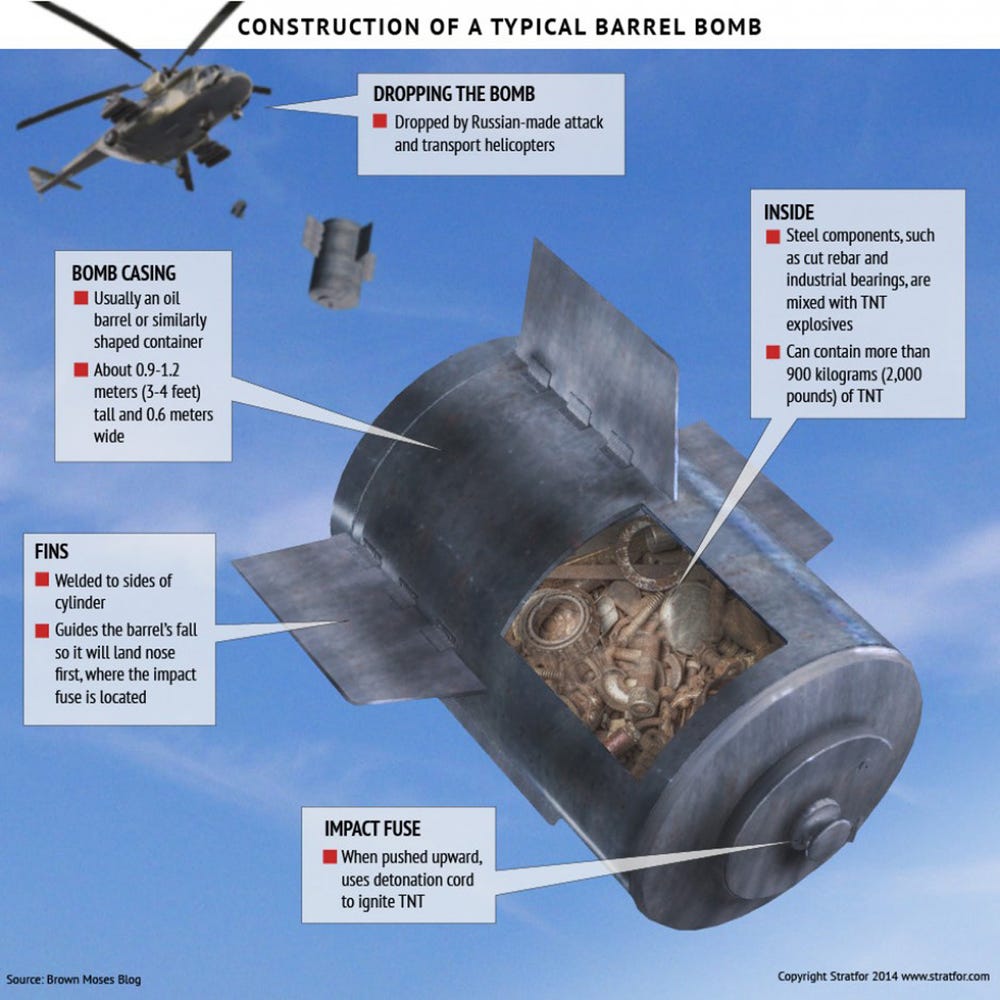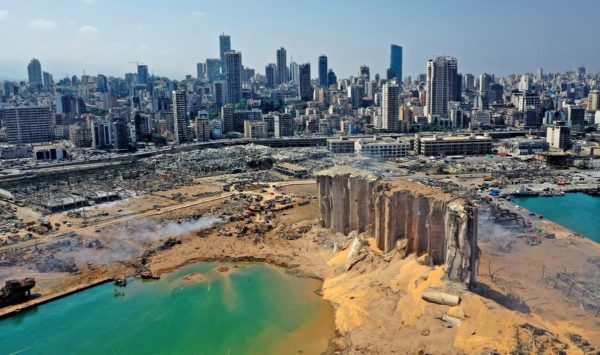
The amount of ammonium nitrate that exploded at Beirut’s port last year in a massive blast was just one-fifth of the original shipment that arrived at the Lebanese capital in 2013, according to an FBI investigation whose findings were published Friday by Reuters, and presented to the Lebanese government last October
The probe added to suspicions that most of the stockpile of the chemical, used to make either fertilizer or bombs, went missing or was diverted before the August 2020 blast that rocked Berut and killed 211 people, wounded 6500, destroyed a huge section of Beirut and left 300, 000 homeless
The FBI probe was completed last October and found that while 2,754 tons of ammonium nitrate had arrived in Lebanon seven years before the blast, only 552 tons went up in flames on the day of the explosion, Reuters reported.
The probe did not provide an explanation for the discrepancy or explain where the rest of the ammonium nitrate may have gone.
The news agency reached out to a senior Lebanese official for comment, and he confirmed FBI’s findings regarding the quantity of chemicals that exploded.
Many officials in Beirut say privately that much of the shipment was stolen, Reuters said.
The 2013 shipment was being transferred from Georgia to Mozambique on a Russian-leased cargo ship when the captain says he was instructed to make an unscheduled stop in Beirut, Reuters said, adding that the shipment never ended up leaving from there and the cargo docked at the Lebanese port.
Ammonium nitrate is used in the manufacture of explosives and is also an ingredient in making fertilizer. It has been blamed for massive industrial accidents in the past, and was also a main ingredient in a bomb that destroyed a federal building in Oklahoma City in 1995.


It is common knowledge in Lebanon that most of the ammonium nitrate was smuggled by Hezbollah to Syria for use by the Syrian regime in the barrel bombs that they were using to kill civilians in Syria
In an address to the U.N. Security Council in February 2015 , Kyung-wha Kang, the United Nations deputy emergency relief coordinator accused the Syrian regime of “using explosive barrel bombings against civilians in Syria.” It came in spite of a resolution calling for an end to the indiscriminate employment of weapons.
“Barrel bombs, crudely made drums of explosives dropped from helicopters, are so imprecise that the Syrian air force doesn’t dare drop them near the front line for fear of hitting its own troops,” Ken Roth, executive director of Human Rights Watch, told Syria Deeply.
“If we could stop the barrel bomb, it’s hard to think of anything else that would make a greater difference in stopping the slaughter of civilians and destruction of civilian institutions in civilian areas,” he added.
Agencies


Leave a Reply
You must be logged in to post a comment.